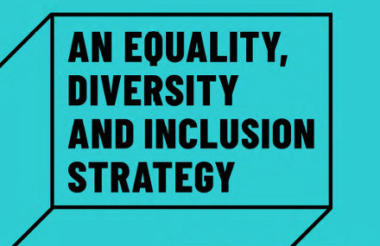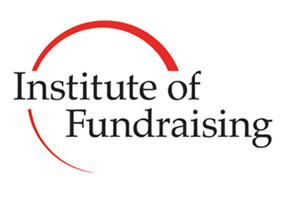The Chartered Institute of Fundraising (IoF) has published a series of recruitment guides, which aim to help the sector improve the diversity of its workforce.
The four guides offer advice to hiring managers, small charities recruiting their first fundraiser, people looking to start or move into a career in fundraising, and recruitment agencies. Each has been written with input from recruiters and experts on equality, diversity and inclusion (EDI).
All four guides also reflect on the challenges of more diverse recruitment during and after the coronavirus crisis.
Reviewing recruitment processes
The guide for small charities publishes advice from Rebecca Buchanan, digital marketing manager at the Prince’s Trust, who argues that new working arrangements arising from the Covid-19 crisis can help charities reconsider their recruitment strategies.
This includes reviewing how many roles can be done from home, so that jobs are more open to people with disabilities or caring responsibilities, as well as ensuring that staff who work at home are “not disengaged” from their colleagues in the office.
Buchanan writes: “Falling back into old ways of working after the crisis is over may be tempting, but you will lose the opportunity to make changes to your equality, diversity and inclusion intentions on recruitment and not entrench existing inequalities.”
Interns and salaries
The guide for hiring managers includes advice for recruiting entry-level fundraisers by Alex Xavier, the director of membership, compliance and professional development at the IoF. He writes that charity interns “should never be seen as free or cheap ways to fill gaps in your team”, and should always be paid at least the national minimum wage or living wage.
Writing in the same guide, Stephanie Dotto, the content lead at CharityJob, says that job adverts should always be accompanied by the charity’s equal opportunities statement, as well as clear details about the job’s base salary.
Peter Lewis: 'We need leadership'
Peter Lewis, chief executive of the IoF, said: “The well-established lack of diversity in our profession, with too few black and ethnic minority and disabled fundraisers, is a systemic weakness which the profession needs to address.
“We need leadership from trustees, chief executives, directors of fundraising and human resource professionals who not only embrace the importance of EDI for themselves and for their fundraising teams, but accept that it is critical to delivering their organisational objectives.”
Writing in the introduction to the guide for hiring managers, Lewis says that IoF research shows that currently 91% of fundraisers are white, 76% are women and 97% do not live with a disability.
Priorities
In a blog published to accompany the guides, which draws on the IoF’s long-term research and strategy on making fundraising more diverse, Elizabeth Balgobin said: “The evidence from the Who Isn’t in the Room report supported the experience that fundraising is not a diverse profession.
“Addressing that is a priority in the strategy, setting out that we should create a recruitment toolkit to help hiring managers and their organisations widen their pool of applicants and encourage them to hire less in their own image.”
Related articles











